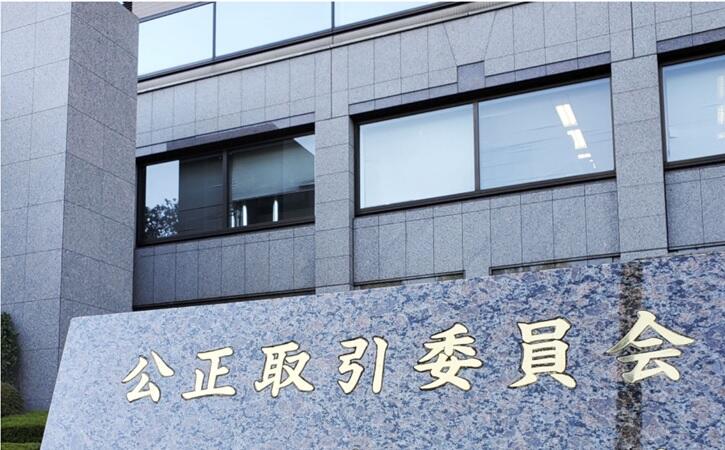Japan's antitrust watchdog said Wednesday it has launched an investigation into the rapidly growing generative artificial intelligence market, aiming to promote fair competition amid dominance by U.S. tech giants in semiconductors and specialized personnel necessary for development.
Fast-paced advancements in AI technology have prompted the Japan Fair Trade Commission to take the unprecedented step of releasing a document to preemptively address antitrust and competition risks as it seeks public input on the topic.
The commission will collect opinions from businesses and users until Nov. 22, combining them with interviews for analysis. The first report on the findings is expected to be released next spring.

Provided by Kyodo News
Generative AI development relies on semiconductors optimized for high-speed processing and vast amounts of data for model training. The commission warned in the document that restricted access to such resources could make it impossible for new players to enter the market.
It also expressed concern over U.S. chip giant Nvidia Corp. holding around an 80 percent global market share in semiconductors used for generative AI, with data also concentrated among a few companies.
Five additional risks were outlined, including IT giants leveraging their financial power to monopolize specialists and prioritizing their own products and services through AI inference.
Regulatory authorities outside of Japan are also racing to grasp the current state of generative AI. In January, the United States requested information on generative AI-related corporate alliances and investments among major IT companies, while the European Union and South Korea have begun their own investigations.
"While generative AI brings many benefits to the economy and society, we will investigate how to ensure it is soundly implemented," the commission's Secretary General Tetsuya Fujimoto said at a press conference Wednesday.




